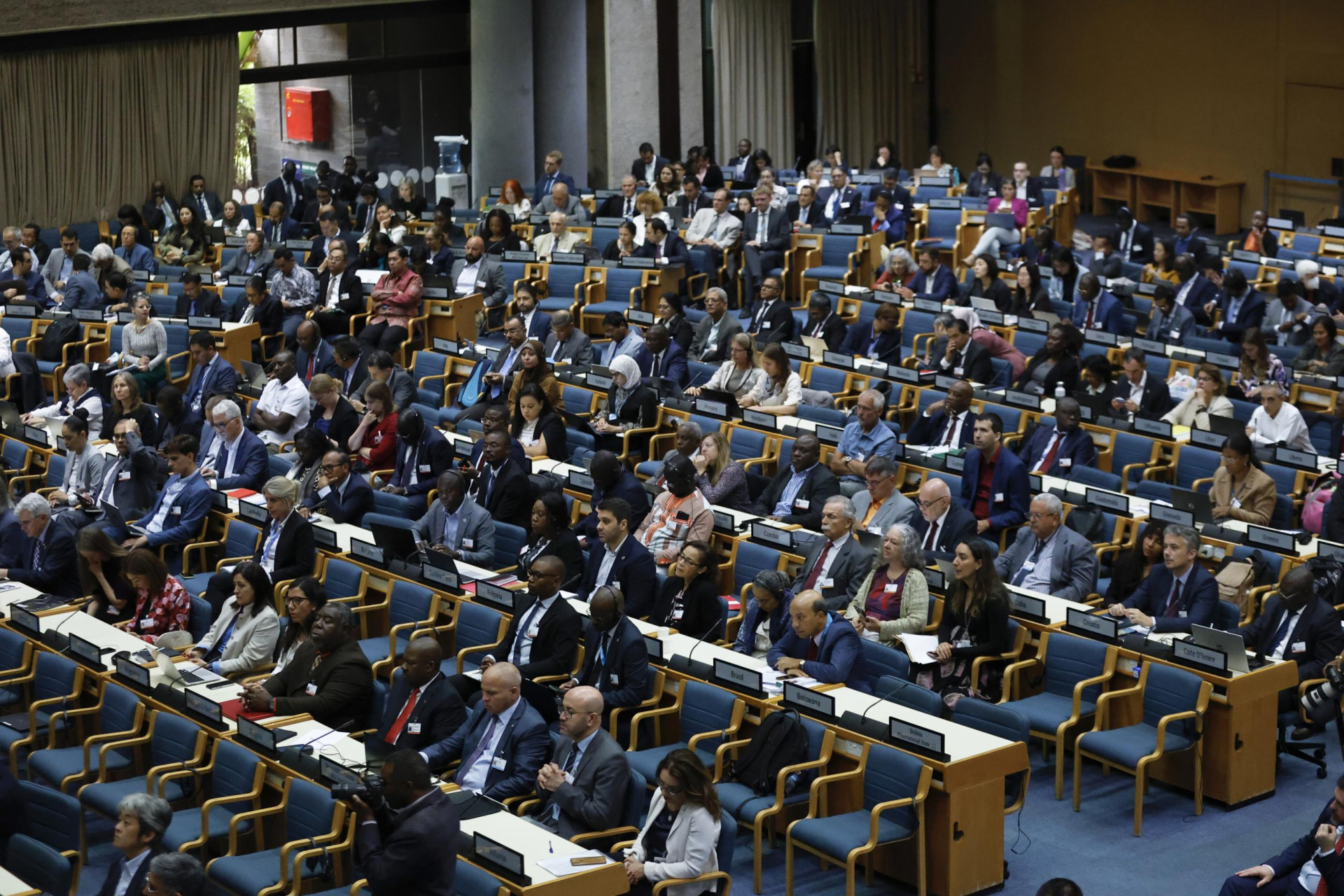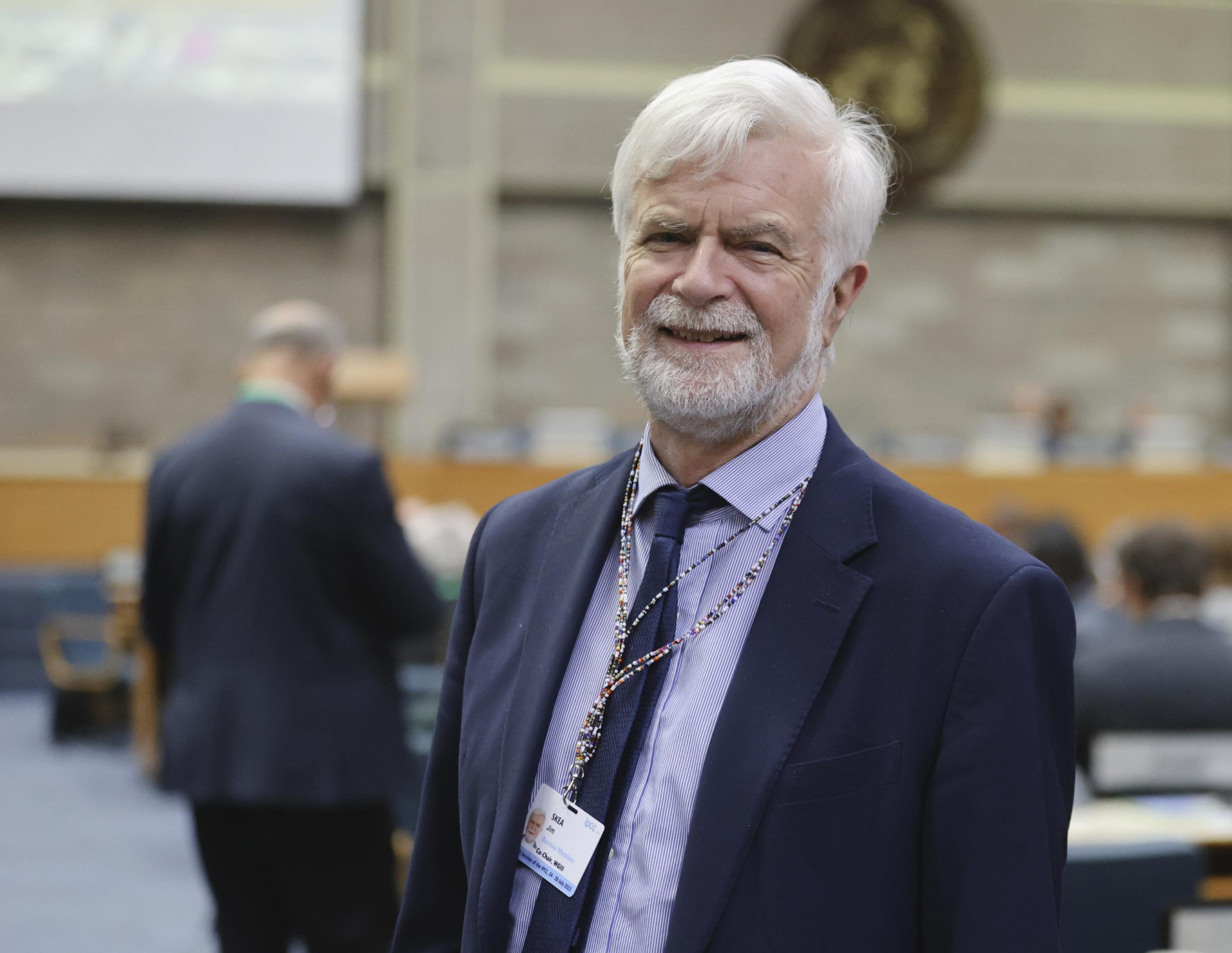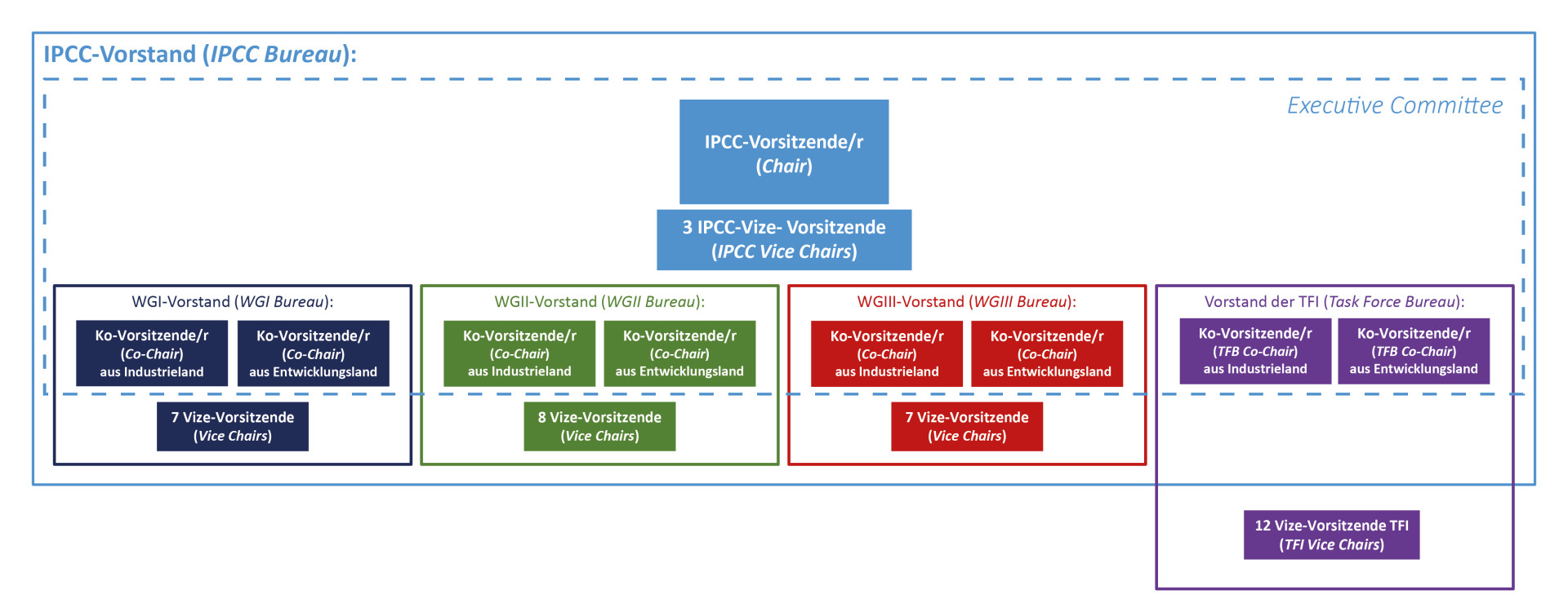New leadership for the IPCC
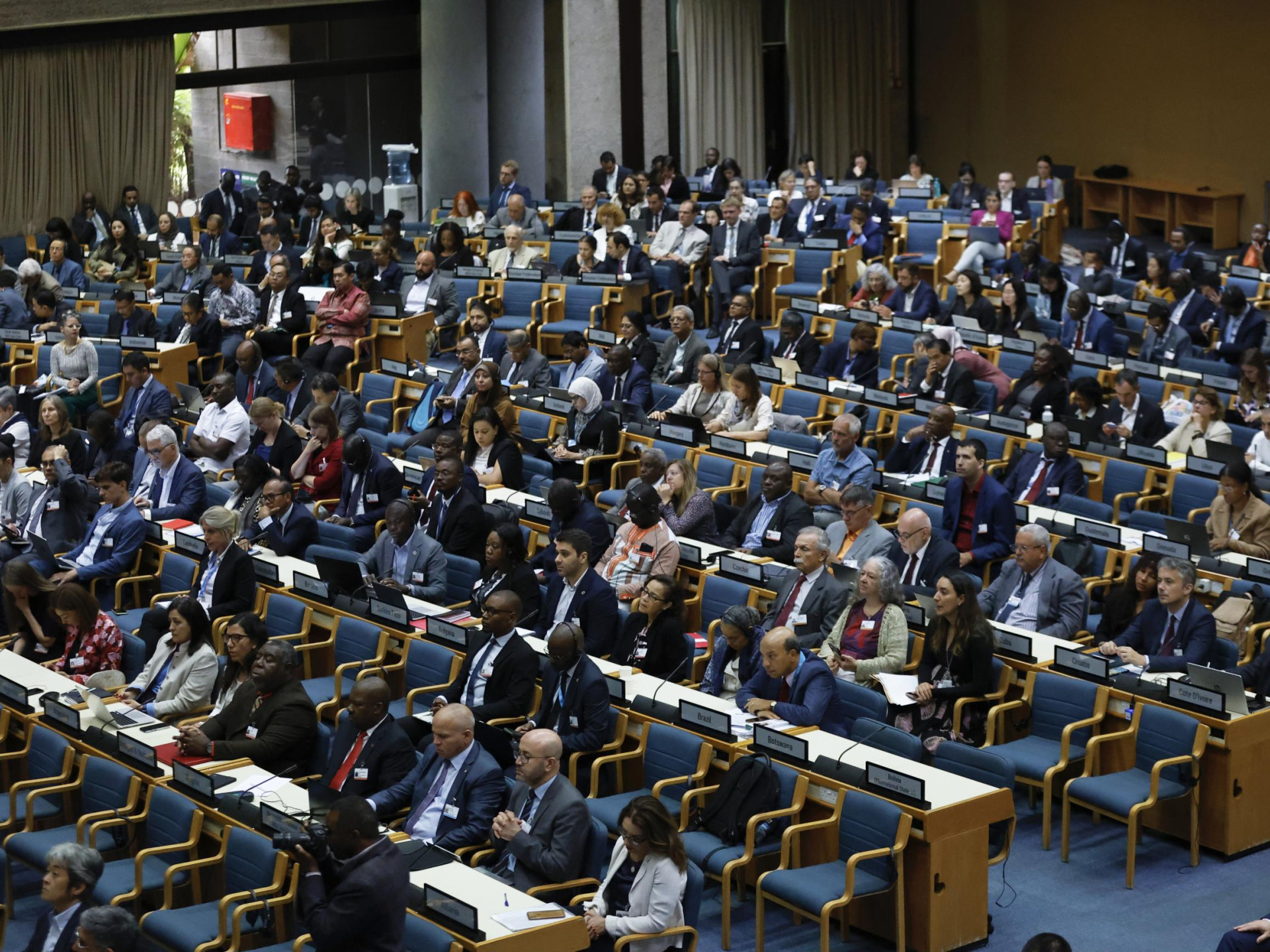
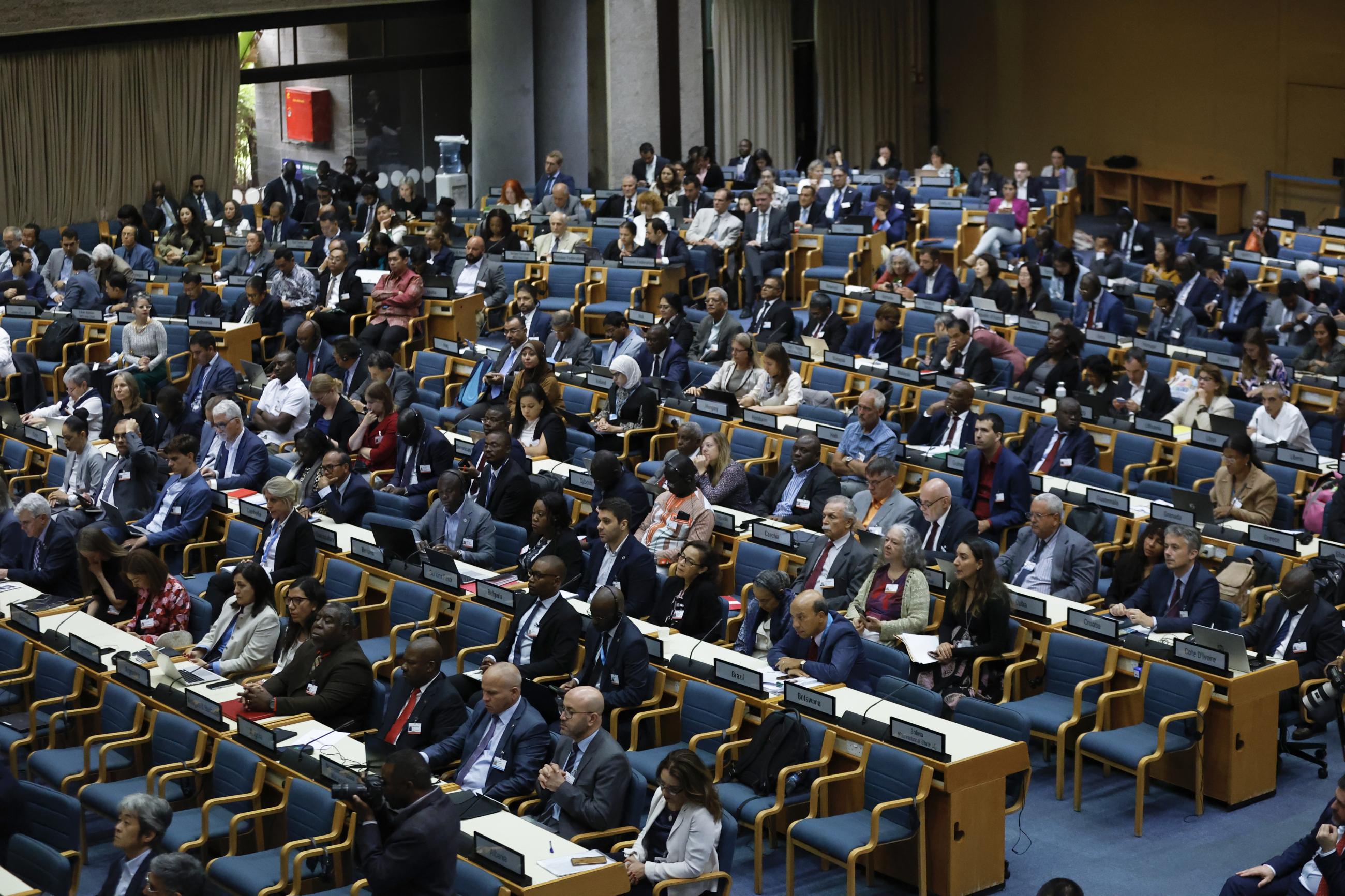
The Intergovernmental Panel on Climate Change (IPPC) has elected its new Bureau. Jim Skea, a British scientist and expert on renewable energies, will lead the seventh assessment report as the new IPCC Chair.
The Intergovernmental Panel on Climate Change’s new leadership has been chosen: delegates of IPCC member states elected the 34 members of the new IPCC Bureau. Elections took place from July 26 to 28, at the 59th IPCC Session in Nairobi, Kenya. The meeting marked the start of the IPCC’s seventh reporting cycle, which will last five to seven years.
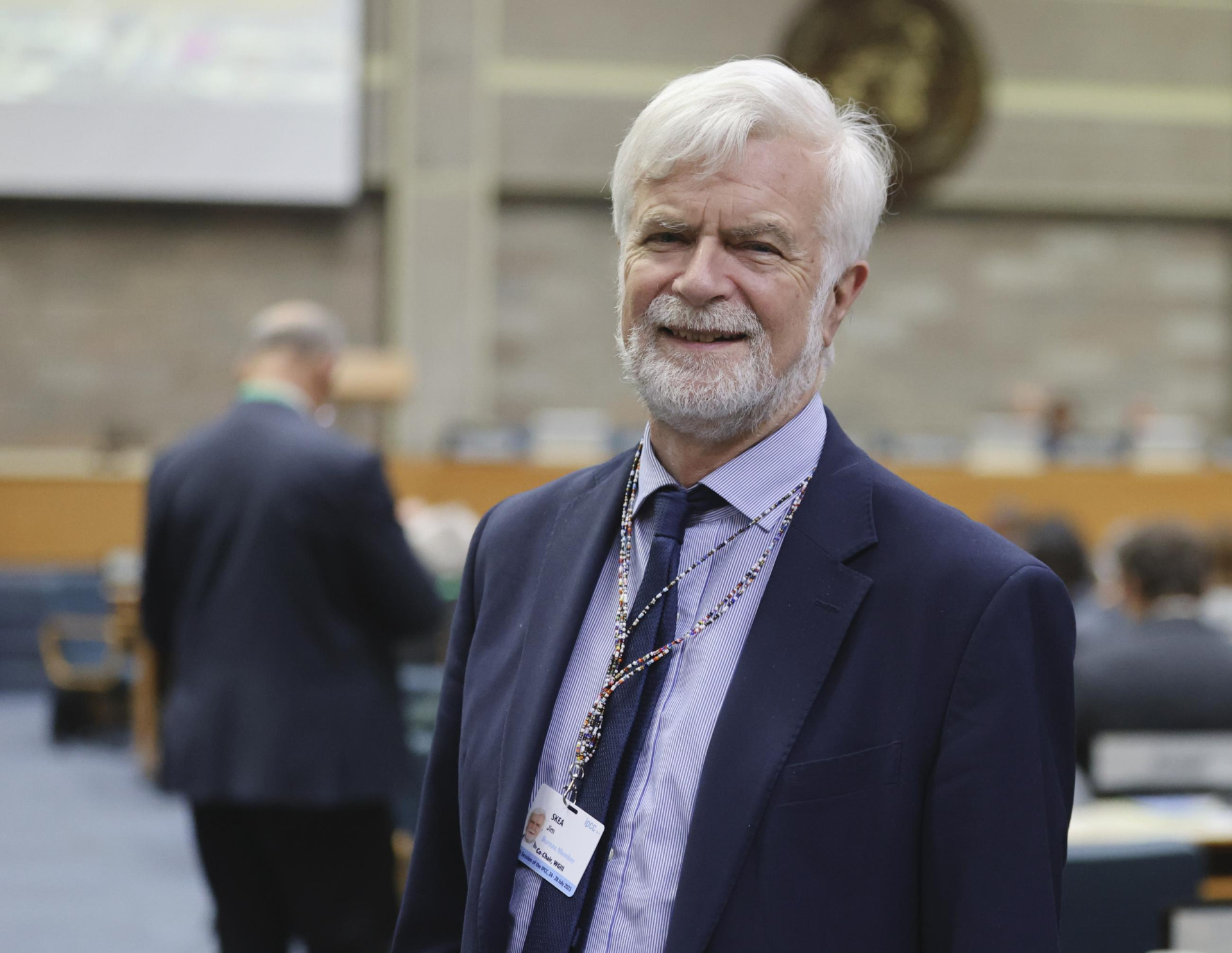
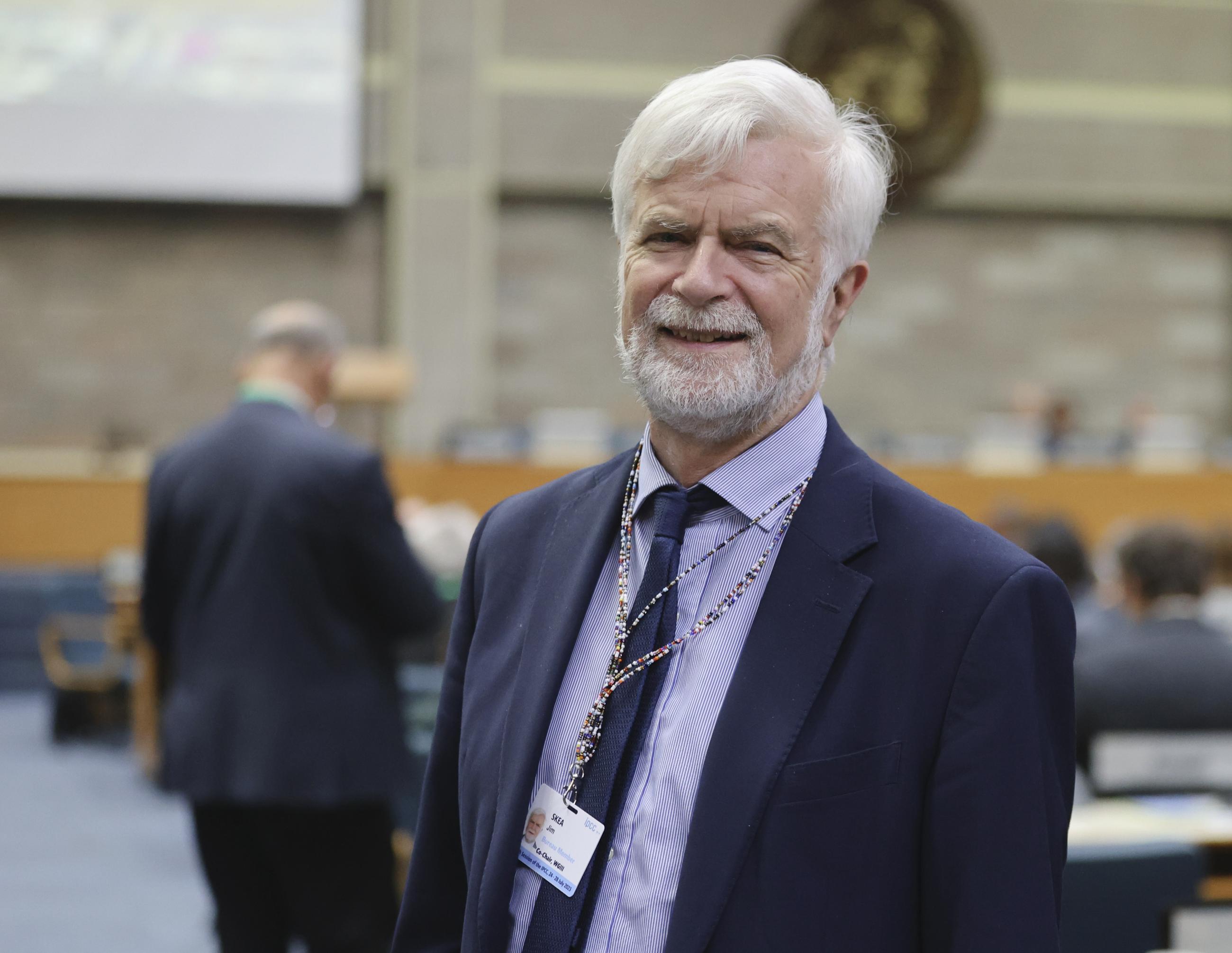
The new Bureau will be led by Jim Skea (69), Professor of Sustainable Energy at Imperial College in London. With over 40 years of experience in climate science research, Skea most recently co-chaired Working Group III of the IPCC, which focuses on mitigating climate change. Prevailing against candidates from Belgium, Brazil, and South Africa, he succeeds the former IPCC Chair, Hoesung Lee, from South Korea. For the first time in the history of the IPCC, two women also ran for the position of IPCC Chair.
Priorities for the new reporting cycle
The Bureau supports the implementation of the IPCC’s scientific work program, including identifying and selecting authors as well as providing advice on strategic issues. The IPCC Chair defines the thematic priorities of the reporting cycle, publicly represents the institution, and manages the preparation of the summary report for each reporting cycle.
Following his election, Skea declared that, “improving inclusiveness and diversity, shielding scientific integrity and policy relevance of IPCC assessment reports, and making the effective use of the best available science on climate change” are his main priorities. In an interview with AFP, he said of his approach to his duties, "I think it will be a judicious blend of realism and optimism. I am genetically optimistic.”
Related links
Die deutsche IPCC-Koordinierungsstelle
Klimafakten
Weltklimarat IPCC
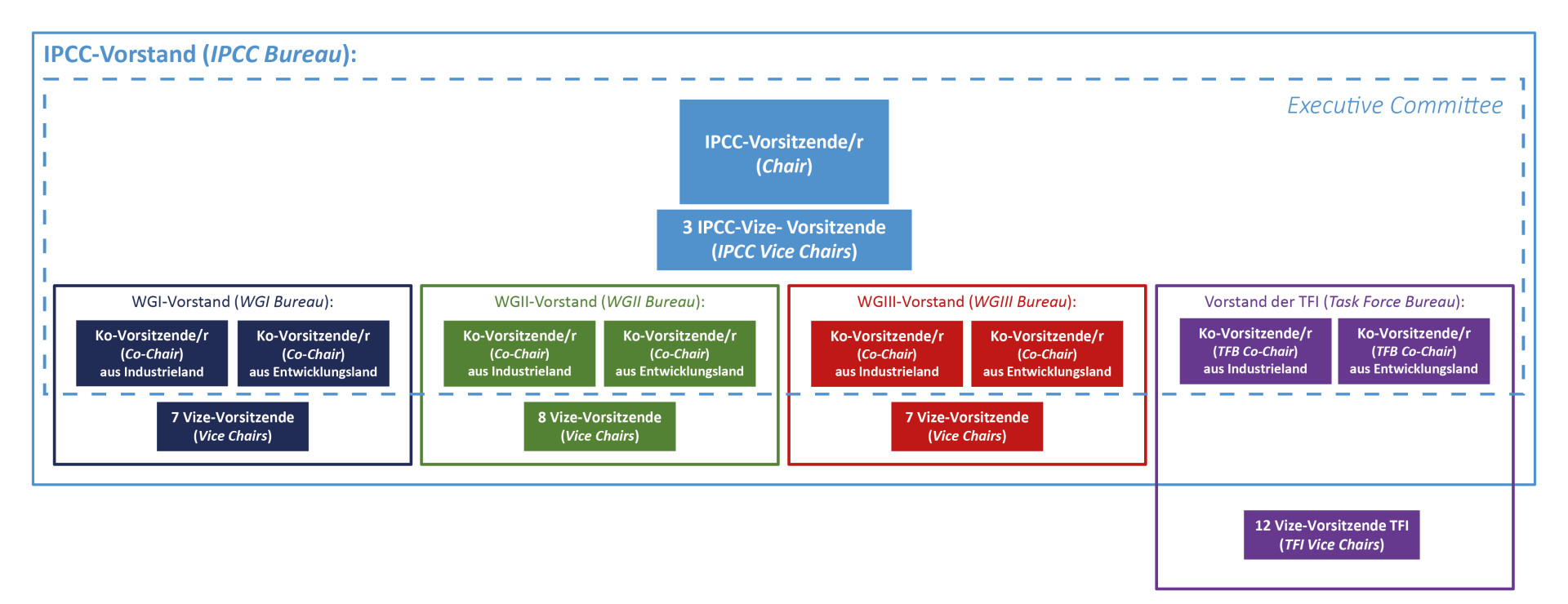
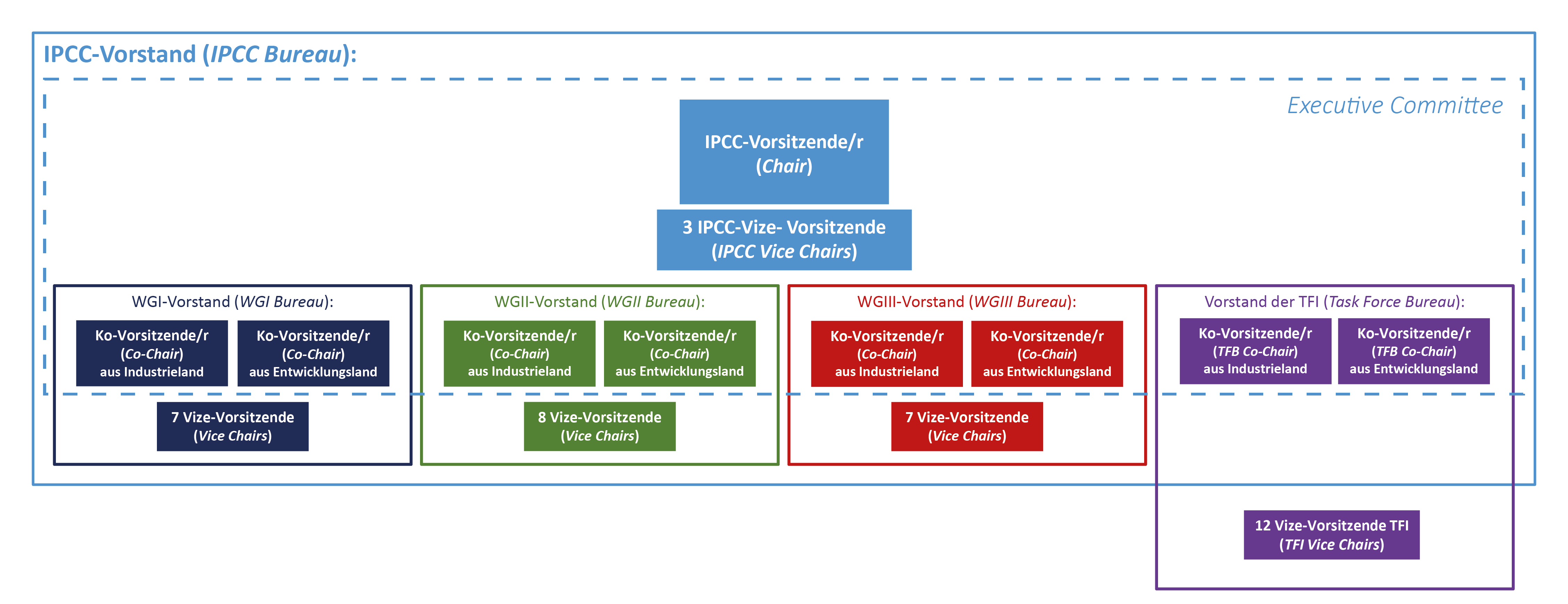
Ladislaus Chang’a (Tanzania), Diana Ürge-Vorsatz (Hungary), and Ramón Pichs-Madruga (Cuba) were elected IPCC Vice-Chairs. Besides their representative duties, they support the chair in internally coordinating the IPCC’s scientific work and carrying out management responsibilities.
The positions of Co-Chairs and Vice-Chairs for all three IPCC working groups as well as the Task Force on National Greenhouse Gas Inventories (TFI) were also newly elected. Each IPCC working group and the TFI are headed by two Co-Chairs, one of whom comes from an industrialized nation and the other from a developing country. A complete list of the new IPCC Bureau can be found on the IPCC website. From Germany, Oliver Geden (German Institute for International and Security Affairs Berlin) was elected as one of Vice-Chairs of Working Group III.
What is the IPCC?
All over the world, scientists are researching climate change and its effects on nature and mankind. In order to bundle the results and clarify what threat is posed by global warming and whether action must be taken, the United Nations Environment Program (UNEP) and the World Meteorological Organization (WMO) have founded the Intergovernmental Panel on Climate Change (IPCC).
